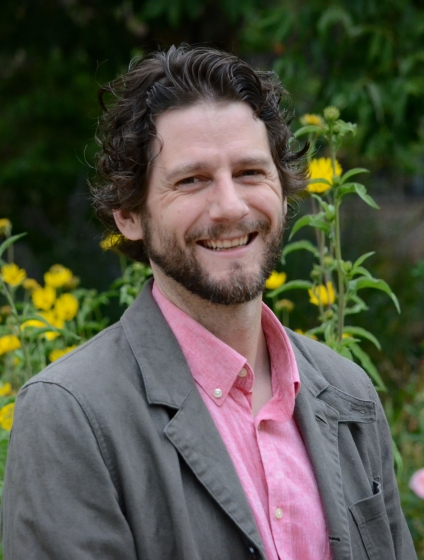Can Alternative Transfer Mechanisms Alleviate Water Shortages?

Bryan is a leading expert on institutions governing natural resource use. His work on the modern consequences of 19th-century policies encouraging Euro-American settlement of the western United States is both innovative and fascinating.
—Andrew Plantinga, Professor, Bren School
This seminar will be presented in person only; there will be no live remote viewing available. Please join us in Bren Hall 1414.
ABSTRACT
Alternative Transfer Mechanisms (ATMs) are temporary arrangements between farmers and municipalities that are designed to support urban water demand while avoiding permanent transfers of water out of agricultural communities. These arrangements entail incomplete contracting over land use (e.g., fallowing) rather than a transfer of water rights, thereby avoiding many of the transaction costs associated with water markets. The success of ATMs hinges on the ability to enforce contracts and accurately measure water savings from changes in land use. Yet, existing programs use a spatially coarse back-of-the-envelope approach to estimate water savings. This paper combines high-resolution satellite estimates of evapotranspiration with administrative data to estimate the causal effect of rotational fallowing on water use at the parcel level. We study the PVID-MWD Fallowing and Forbearance Program, the largest and longest-running ATM, which transfers water from rural California to the largest municipal water provider in the Western U.S. We find that over 2005 to 2021, actual water savings were 45% lower than reported and that “fallowing” only reduces water use on treated parcels by 73% on average. Our results imply that MWD has withdrawn an extra 400,000-800,000 acre-feet of water from Lake Mead since 2005.
BIO
Bryan Leonard is the SER Associate Professor of Environment and Natural Resources in the Haub School of Environment and Natural Resources and the School of Energy Resources at the University of Wyoming. He is also an Affiliate of the Environmental Markets Lab at UCSB and a Senior Fellow at the Property and Environment Research Center. His research primarily focuses on three themes: i) tradeoffs between economic efficiency and other goals (such as equity) when designing policy; ii) the relationship between property rights and collective action problems; and iii) the historical foundations of public resource management challenges in the American West.